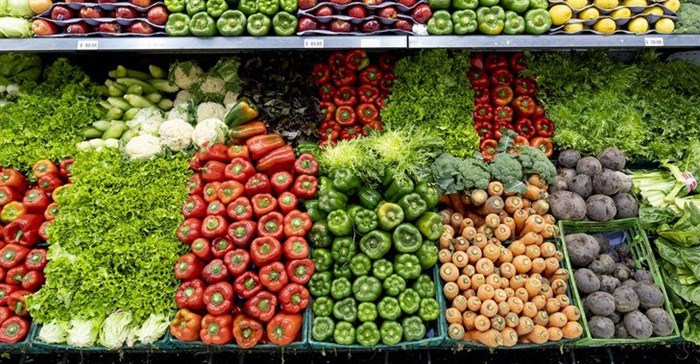






The session forms part of a webinar series that the institute is running during the Covid-19 lockdown.
In its webinar invitation, PLAAS stated that the power of supermarkets in South Africa’s food system means the value from high consumer prices does not benefit farmers or farmworkers.
"Neither food producers nor consumers benefit from this system. This is not unique as the same trend characterises most markets across Europe. Recalibrating the system would require system-wide governance reforms. It would also have to support small-scale producers’ access to input and output markets.
"While widely discussed, little attention is being paid to alternative consumer cooperatives. The world’s largest and longest-lasting cooperatives are, in fact, consumer cooperatives. These co-ops, established from Italy to New York, work to tackle the injustice of the corporate food system," the institute said.
In this context, the webinar unpacked the experiences of consumer cooperatives and explored the rise of mutual aid societies and food relief initiatives during the Covid-19 crisis, and what opportunities they offer to shift the power balance in SA’s food system.
Professor Ruth Hall from PLAAS was joined in discussion by Leticia Deawuo, director, Black Creek Community Farm; Dorah Marema, director, Gender CC and Gauteng Food Working Group, People’s Coalition, Johannesburg; and Konrad Hauptfleisch, head of capacity development at the International Federation of Organic Agriculture Movements (IFOAM).